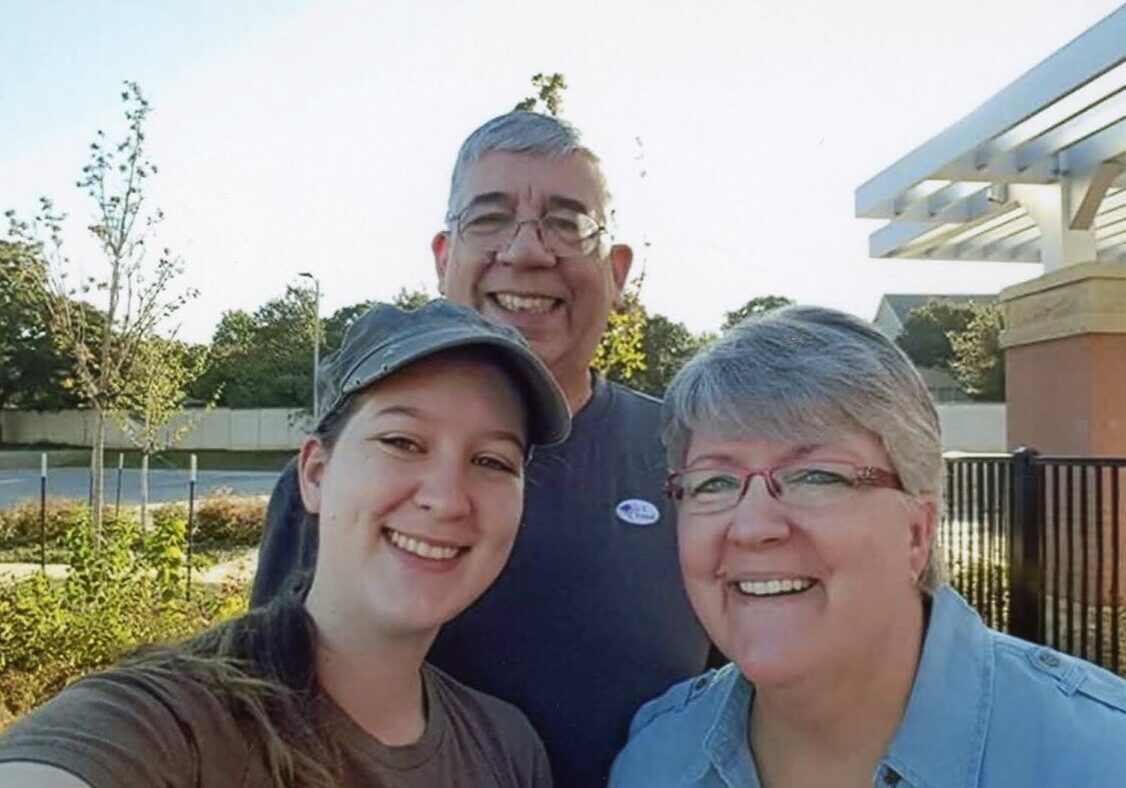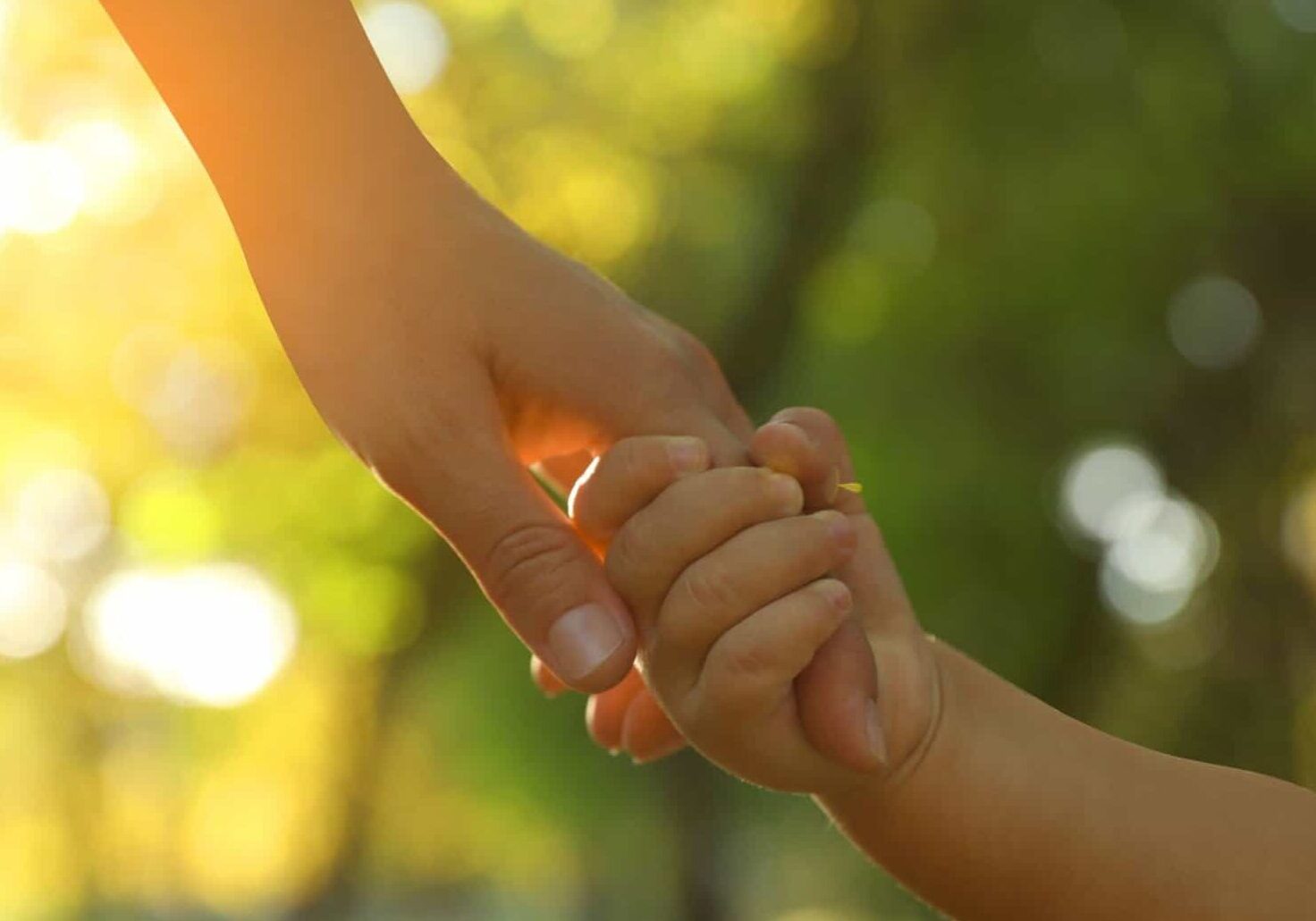A Three-Part Series of Articles
Part 1: The Meaning of Forgiveness
Forgiveness is the intentional process by which someone who’s been hurt undergoes a change in feelings and attitude regarding an offense, lets go of a need for revenge, and feels some empathy toward the offender.
As a grief counselor, I have found that forgiveness is one of the greatest challenges that grieving people may face. There is a simple reason for this: Grief is a natural process, whereas forgiveness is not. It feels “natural” to hold a grudge, to crave justice or revenge, but forgiveness requires effort.  It is intentional. If we let go of our hurt, we can feel like the offender has gotten away with something, justice has not been served. Forgiveness calls for a change of direction and a change of heart.
It is intentional. If we let go of our hurt, we can feel like the offender has gotten away with something, justice has not been served. Forgiveness calls for a change of direction and a change of heart.
We at The WARM Place are here to help grieving people experience and express the feelings that surround their loss. We accept and affirm even the most difficult feelings of anger, fear, and hurt in a safe group setting. So when we introduce the theme of forgiveness, we move from simple acceptance of feelings to actually challenging our clients to let go of anger and resentment. For many people in grief, this is a difficult move to make.
So if forgiveness is such an effort, why introduce it at all?
Because it can help grieving people to heal. Anger is a normal response to the death of a loved one. Survivors may become angry at the person who died, at a doctor or caregiver who “could have prevented the death,” or even at themselves for not saving their loved one. Or maybe someone said or did something hurtful after the death. Anger is an emotion that is meant to be felt for a short time. When anger is experienced over a prolonged period of time, it is called “resentment.” Resentment is a chronic condition that harms our health and prevents us from being happy. It can cause us to become bitter and focused on the negative aspects of life. Forgiveness is important, then, because of the toll that resentment can take on our minds and bodies. It can cause far greater harm to ourselves than to the person who hurt us in the first place.
It is important to experience the feelings of anger, hurt, and fear—to process the hurtful event and to work toward some resolution of the situation. This practice of forgiveness, this letting go of resentment, then, can lead to compassion for others and healing for ourselves.
In Part 2, I will look at beliefs about forgiveness. In Part 3, I will look at how to forgive.
A-739
-Kathy Telger, LPC-S


